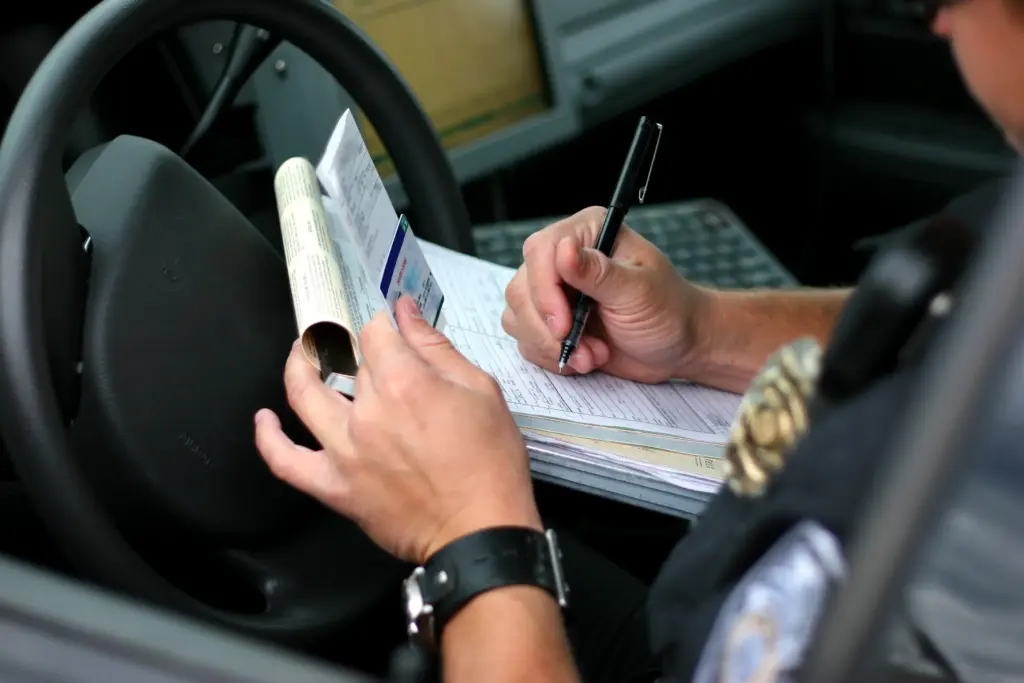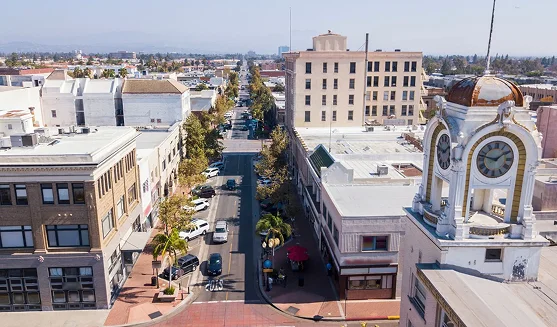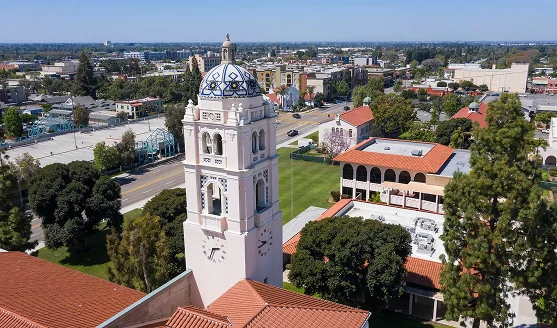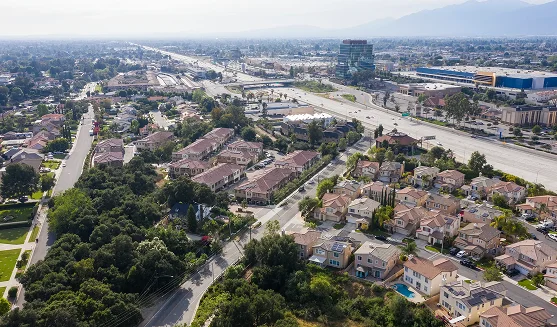When you’re involved in a car accident, the presence of police can feel both reassuring and scary at times. Their primary role is to ensure everyone’s safety and document the incident, but they also have the authority to issue citations if traffic laws have been violated. In California, where traffic laws are strictly enforced, understanding the circumstances under which tickets can be issued is important.
Let’s explore the facts of police involvement at accident scenes and when tickets may come into play under California law.
The Role of Police at a Car Accident Scene in California

Initial Response to an Accident
When California Highway Patrol (CHP) officers or local police arrive at the scene, their first priority is to secure the area and prevent further harm. They direct traffic, call for medical assistance if necessary, and ensure the accident does not cause additional disruptions.
Ensuring Safety and Assessing the Scene
Police officers examine the scene to assess damages, identify hazards, and collect evidence. They analyze skid marks, vehicle positions, and road conditions. In California, this evidence can significantly influence the issuance of citations and any subsequent legal claims.
Collecting Evidence and Statements
Officers gather crucial information, including driver’s licenses, insurance details, and witness statements. Under California Vehicle Code (CVC) §20001, all drivers involved in an accident must provide accurate information to law enforcement. These details help reconstruct the sequence of events and identify potential traffic law violations.
When Can Police Issue Tickets After a Car Accident?

Violations Observed During the Investigation
California law grants officers the authority to issue citations if they discover violations during their investigation. Examples include running a red light or speeding. Evidence like tire marks or witness testimony can corroborate these infractions.
Fault Determination and Issuance of Citations
While police reports can indicate fault, California is not a pure fault-based state for insurance purposes. However, officers may issue tickets if clear evidence shows one party violated traffic laws, such as distracted driving.
Common Infractions Leading to Tickets
Tickets are often issued for:
- Running stop signs or red lights.
- Driving under the influence.
- Reckless driving. These violations carry steep fines and can impact your driving record.
Types of Tickets Police May Issue at an Accident Scene
Moving Violations
Infractions like illegal turns or failure to yield are common examples of moving violations linked to accidents.
Non-Moving Violations
These include expired registration or lack of proof of insurance. Officers can issue citations for these violations even if they did not directly cause the accident.
Severe Violations: Reckless Driving or DUI
Reckless driving or driving under the influence are serious offenses that often lead to citations and, in some cases, arrests. These violations can escalate legal and financial consequences for the at-fault driver.
What Happens After Receiving a Ticket in California?

Paying or Contesting the Ticket
If you receive a ticket, you can either pay the fine or contest it in court. Paying typically results in points on your license, while contesting allows you to present evidence to challenge the citation. Under California’s Negligent Operator Treatment System (NOTS), accumulating too many points can lead to license suspension.
Legal Implications of Tickets
Citations for serious violations like reckless driving can lead to criminal charges, hefty fines, and higher insurance premiums. Even minor infractions can increase your rates, as insurance companies view violations as indicators of risk.
Role of Witnesses and Evidence
Dashcam footage or credible witness statements can play a pivotal role in contesting a ticket. In California, having substantial evidence can help reduce or dismiss penalties.
How to Avoid Tickets After a Car Accident
Cooperation with Law Enforcement
Under CVC §20001, drivers must provide accurate information to law enforcement. Remaining calm and cooperative can influence an officer’s decision to issue a citation.
Providing Accurate Information
Ensure that your statements align with the facts. Discrepancies may raise suspicions and result in further investigation or penalties.
Avoiding Aggressive Behavior
A calm demeanor can go a long way. Aggressive or defensive behavior may lead to additional scrutiny and increase the likelihood of receiving a ticket.
Why Choose West Coast Trial Lawyers for Your Car Accident Case?

If you’ve been involved in a car accident in California, navigating the legal aftermath can be overwhelming. At West Coast Trial Lawyers, our experienced attorneys specialize in personal injury law and can help you Recover damages for medical bills, property repairs, and lost wages.
With a proven track record of success and a client-first approach, we are here to guide you through every step of the process.
Reach out to West Coast Trial Lawyers for a free consultation. Let us fight for your rights and ensure you receive the compensation and justice you deserve. Call (213) 927-3700 or fill out this contact form for a free consultation.
FAQs
Can Police Issue a Ticket Even if They Didn’t Witness the Accident?
Yes, police can issue a ticket based on evidence, witness statements, and their investigation of the scene.
Do Police Always Determine Fault in Car Accidents?
Not always. Police reports may suggest fault, but the final determination is often made by insurance companies or courts.
How Do Tickets From an Accident Affect Your Driving Record?
Tickets can result in points on your driving record, which may lead to increased insurance premiums and potential license suspension.
Can You Get a Ticket After the Fact if New Evidence Emerges?
Yes, if new evidence comes to light, such as dash cam footage, police may issue a ticket after the initial incident.
What Should You Do if You Feel a Ticket Was Wrongly Issued?
Consider contesting the ticket in court with the help of a traffic attorney and supporting evidence.





























































